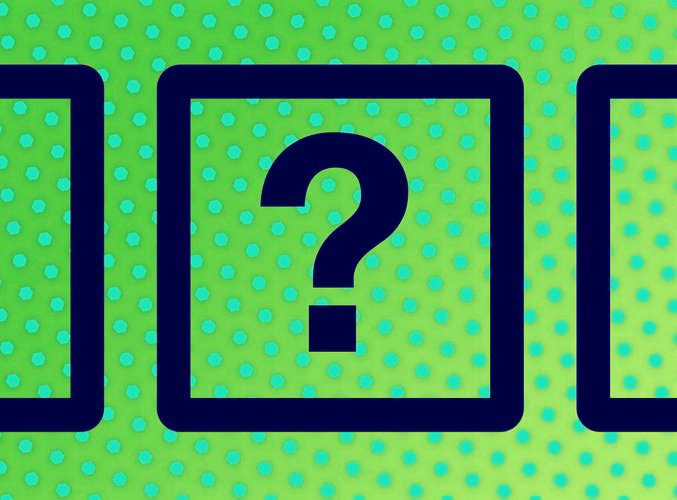
Insults
A man and his wife, who was 8 months pregnant, were doing some holiday shopping in crowded mall. They had been trading humorous insults for most of the evening, and the man decided that he was going to really get her. He announced in a loud voice, "If you don't stop insulting me, I'm not going to marry you!"
He was disappointed that only a few people around them reacted, but his wife managed to bring down the house when she responded, "That's OK, I won't tell you who the father is!"

